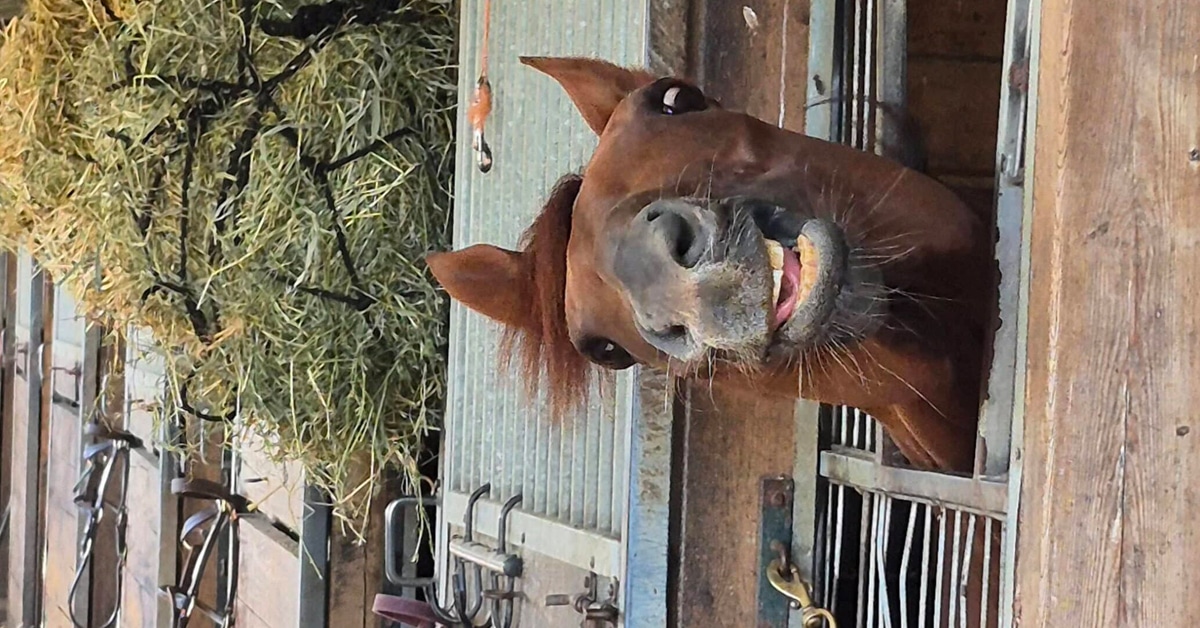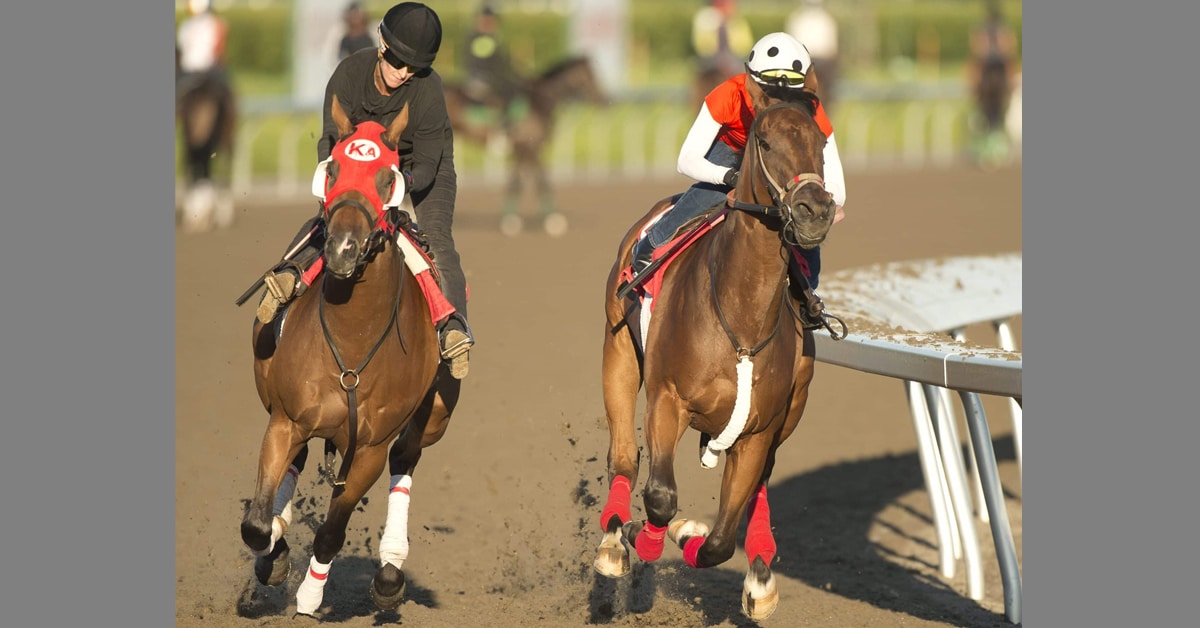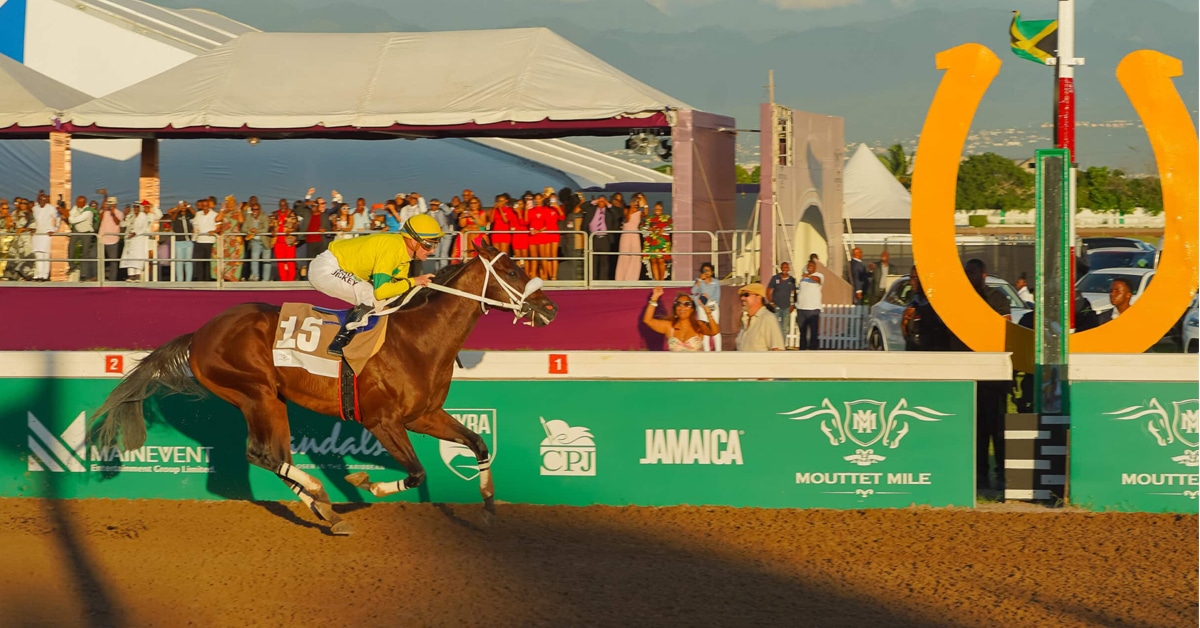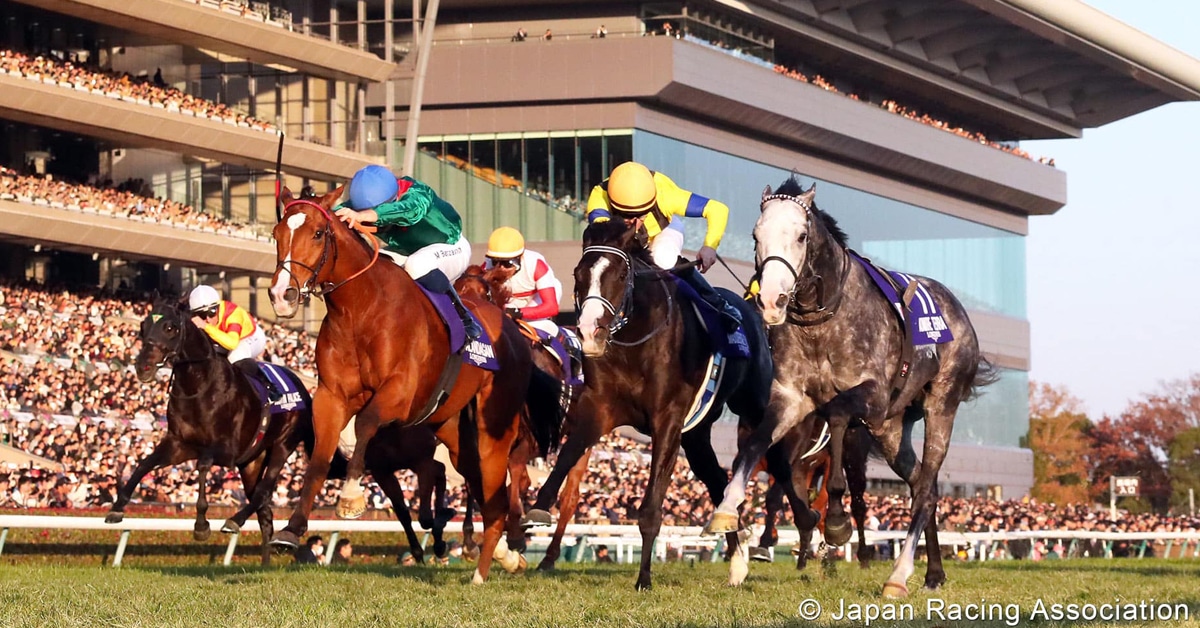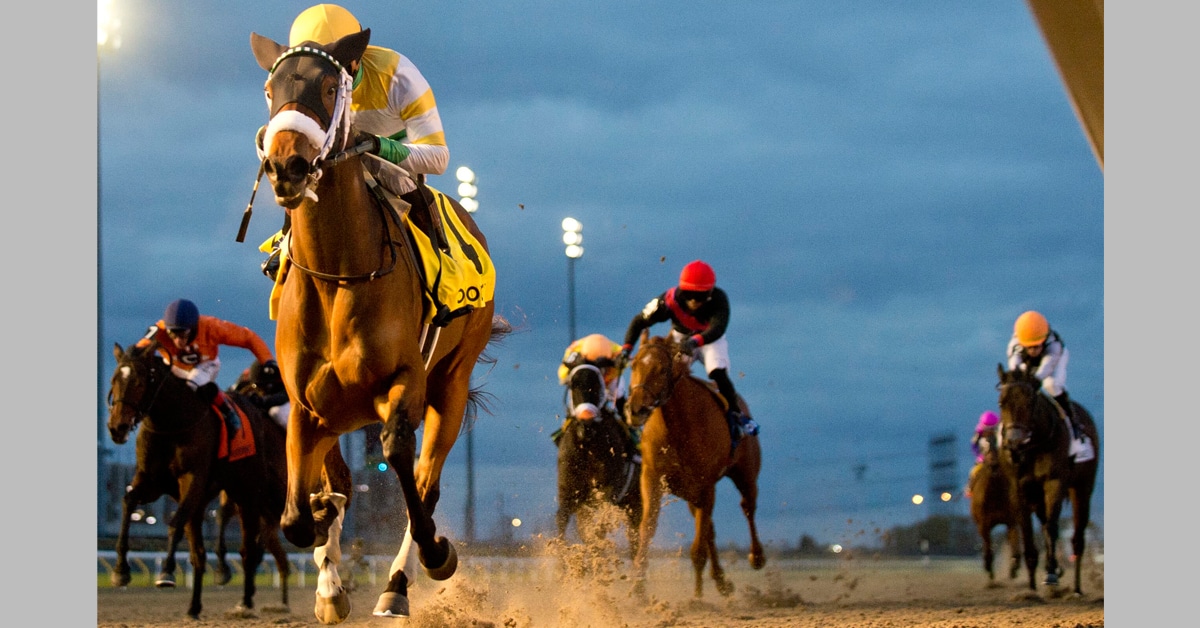All British horse racing was shut shown today (Thursday) as the industry scrambles to curtail equine flu. Concerns have been heightened by news that the three racehorses testing positive to the virus had all been vaccinated.
Six other vaccinated horses not currently in training have also been notified since the start of January, in the north of England, the Midlands and East Anglia.
Cheltenham Festival is confident that the prompt action taken by the British Horseracing Authority will allow its culmination of the National Hunt season to go ahead – the Festival is due to start in 33 days’ time – though there is already widespread speculation that both Cheltenham and the Grand National in April could be lost.
The three affected racehorses all come from the Cheshire yard of Donald McCain, whose father Ginger trained the legendary Red Rum. He had runners at three different racecourses this week, thereby potentially coming in contact with several hundred horses from training stables right across the UK.
None of the three affected horses have raced recently – McCain identified them yesterday through a scoping program at his yard and advised the BHA immediately.
Ireland has also barred entries from all UK-based racehorses, with those just arriving put in isolation.
The BHA will decide later today if racing can go ahead tomorrow. Wolverhampton racecourse – where McCain had a runner on Monday – has already cancelled its Saturday fixture and is thoroughly disinfecting the stables and other equine areas. All horses who ran at the same meeting are being swabbed.
The public schooling gallops at the major racing centre in Lambourn – often used by eventing riders – have been closed to visitors.
This is the first time all British racing has been cancelled because of livestock disease since the 2001 “foot and mouth” crisis, which made a huge financial impact – racing contributes £3.5 billion a year to the British economy.
The British Equestrian Federation is “monitoring” the situation though not yet calling off horse shows and events. It is urging all horse-owners to be vigilant and strongly recommending all horse-owners arrange a booster if their horse has not been vaccinated in the past six months. Some veterinary practices are already offering this service free or at a discount. About 70% of the UK’s hobby-riding horse population is understood to be unvaccinated, despite the disease being endemic in Europe.
The BHA has stressed that the situation is not the same as the devastating outbreak in Australian racing in 2007.
A BHA spokesman said: “Australian thoroughbreds are not vaccinated against influenza, while British thoroughbreds are, as the virus is endemic in the UK. Therefore an important barrier is in place to prevent the same situation occurring here.
“However, as we have seen in Europe, the virus has affected vaccinated horses in this case. The vaccine should however help reduce to a certain extent the effect and spread of the disease in thoroughbreds.”
So far, there has been little expert comment on why the vaccination did not protect the horses.
A spokesman for Liphook Equine, one of the UK’s leading equine veterinary practices, said: “Given recent history it is assumed that the recent outbreaks involve Florida clade 1 virus.
“It is crucial that an accurate message is given to horse owners to avoid loss of confidence in vaccination which will make the situation even worse. In this respect it is important to realise that it is not simply a case of vaccine failure, and we should point out that vaccinated horses tend to be more susceptible towards the end of the vaccine interval (that is when the next booster is due), and vaccinated horses tend to have less severe clinical signs, if any all.”
Brant Dunshea, BHA chief regulatory officer, said: “We’re very fortunate that our [racehorse] population is vaccinated against equine influenza, but we’re still trying to understand what particular strain of equine influenza this is.
“The fact that it has appeared in a vaccinated population does cause us some concern, so we’re working quickly to try and understand what’s happened there. Key to our decision-making is understanding exactly the status of the horses that we know raced yesterday from the infected yard. We will have information in relation to samples taken from those two horses later this afternoon or early this evening.”
FEI vaccination rules are even stricter than the BHA’s, with FEI registered horses requiring a influenza booster every six months after the initial course.
More News
